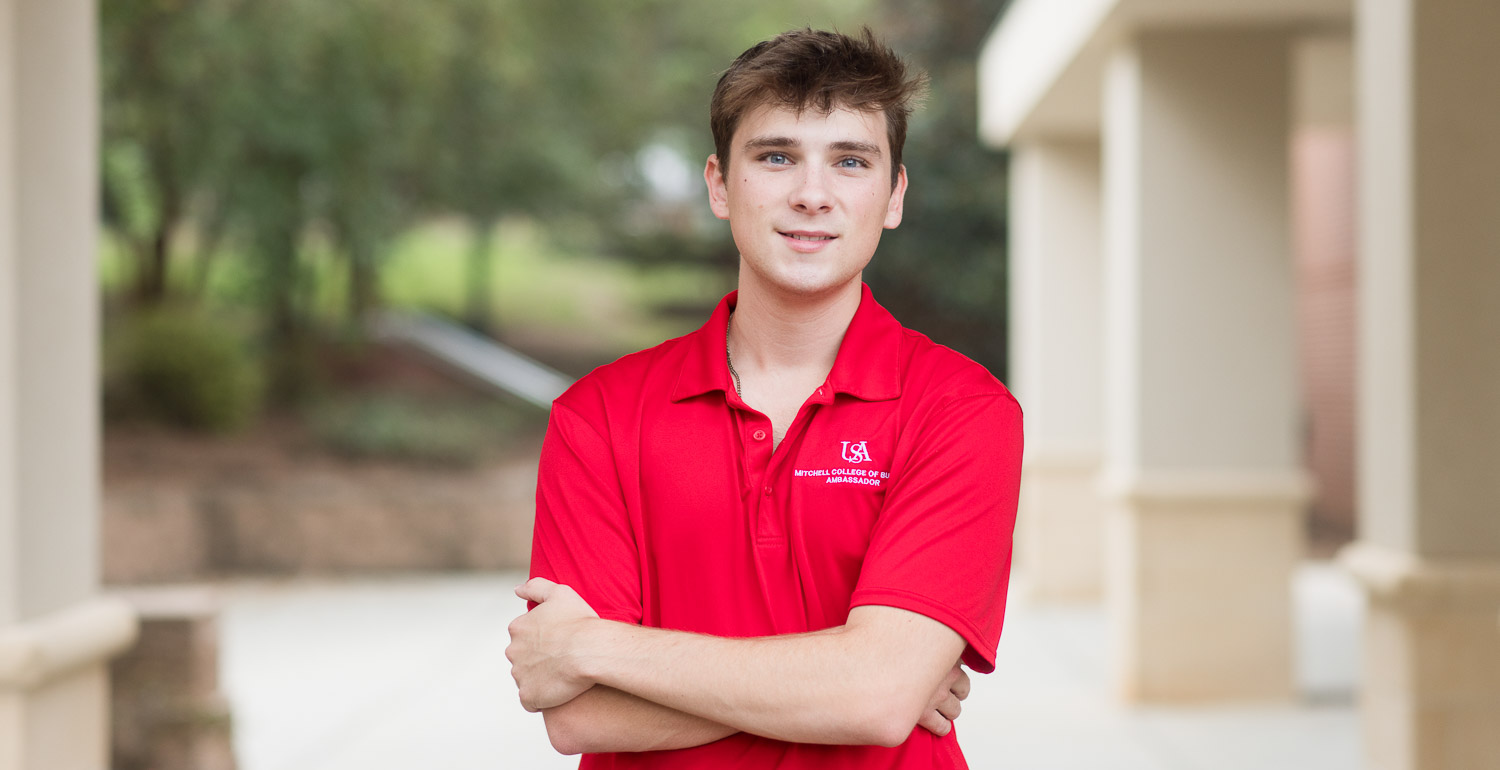Making 200 Years of History Relevant to a 10-Year-Old
Posted on June 22, 2018
The state of Alabama will turn 200 years old next year. What does that mean to a 10-year-old boy or girl sitting in a fifth-grade classroom? Recently, more than 30 third- through-fifth grade teachers from southwest Alabama came to the University of South Alabama to confront that question.
They were at South through the Bicentennial Summer Institute, a statewide initiative aiming to educate all students about Alabama’s history and involve them in the bicentennial celebration. The institutes are being held at 12 sites around the state. South hosted a four-day workshop titled “Mobile: People of the Rivers.”
Dr. Susan Santoli, professor and chair of leadership and teacher education and director of graduate studies in South Alabama’s College of Education and Professional Studies, is one of 12 master teachers selected to plan and facilitate the summer institute in Mobile.
“Teachers have to give their students a reason to ask, ‘Why or where can I learn more?’” said Santoli. “We spent time talking about the greatness of our part of the state and why students can be taught how to value the wonderful history and natural resources we have.”
Rebecca Farmer, a fourth-grade teacher at Fairhope Intermediate School, graduated from South Alabama with both her bachelor’s and master’s degrees. She said the teachers have had an amazing experience visiting the USA Archaeology Museum, touring the Delta by boat and learning from the 5 Rivers Alabama Delta Resource Center educational staff.
“We have been able to gather so much information from Dr. Santoli and our educational tours,” Farmer expressed. “We also learned about introducing a lesson with the use of a photograph to connect and engage with our students. We learned the importance of giving our students choices and over time that affects their motivation to learn. We also talked about the unique geographic area of Mobile and surrounding areas. I am so proud that I can get this important training here at my alma mater, South Alabama.”
Keiana Quarker White, an assistant principal at the Rachel Patterson Elementary School in Atmore, who is also a South Alabama graduate with both her bachelor’s and master’s degrees in education, said she has benefited learning from Santoli and other speakers. One of the key historical moments they focused on involved the question of why cotton was “king” in the 1800s.
“There’s so much information available for teachers to share with students about the economic importance of cotton to Alabama and America during the 1830s and 1840s,” Quarker White noted. “Thanks to the Alabama historic archives, we are able to provide tangible items that students can touch and see up close. Dr. Santoli is sharing how to incorporate these items into our classroom instruction and share with our students. This allows us to engage with our students in a creative way.”
The tangible items to which Quarker White refers are found in the Traveling Backpack, created by the Alabama Department of Archives and History. The program allows teachers to borrow the backpacks as outreach learning tools to be used during classroom instruction time. Each of the backpacks corresponds with the Alabama Course of Study. The one Santoli borrowed to share with the teachers had cotton samples and activity sheets, games and multimedia resources.
Dr. Andrea Kent, dean of the College of Education and Professional Studies, surprised the group with a smile and welcome.
“We are super excited to have you visit our beautiful campus at South Alabama,” Kent said. “K-12 and higher education are partners, and we are in this together. We are pleased to be your host this summer.”



